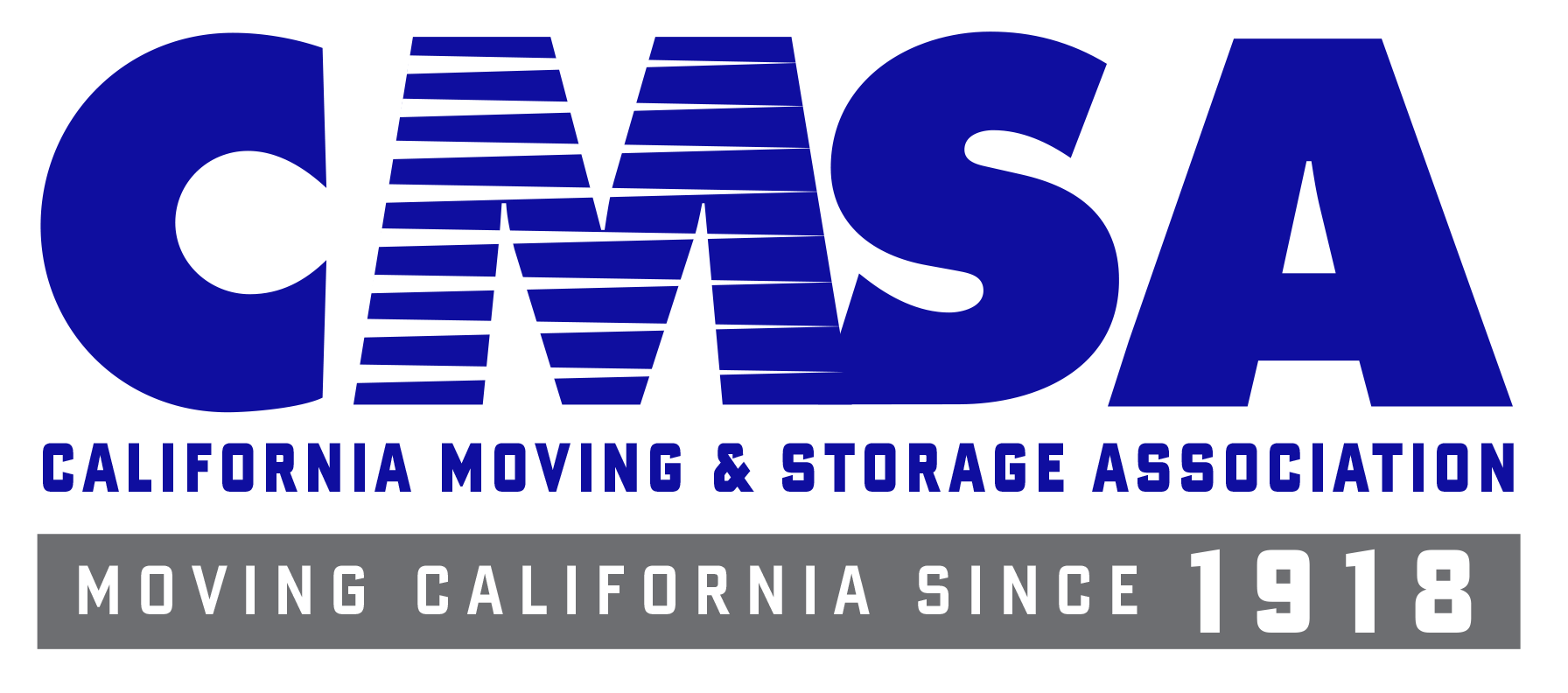|
 |
|
September 2025 President’s Column
President's Comments
By: Steve Weitekamp |
As we have just observed Labor Day 2025, I take a moment to reflect on my time in the moving industry. Having observed 45 Labor Day holidays from various vantage points in this industry, I still appreciate the opportunity to celebrate the hard-working men and women who have and continue to make our country a beacon of hope for the world. A more cynical person would remind me of all the difficulties that we face; I would not disagree, but would still choose our position over anything or anyone else.
As an industry, we are center cut in the category described as labor. Working hard to ensure that individuals' personal belongings are packed and moved, be it around the block or around the world. As we have mentioned on several occasions, mobility is one of the primary reasons for the success of the American way of life, and we play a key role in that process. There have been several occasions in my career where our industry has been underappreciated and/or disrespected. The design and rollout of the failed Global Household Goods Contract (GHC) by individuals who knew little and cared less about our industry is just the latest example of someone thinking that moving is easy, and so is manipulating our industry.
But when times are challenging, we are frequently called upon to help, and we answer the call. With the collapse of the GHC, US TransCom asked us to step up and fill the void created by them and their contractor. There were a number of thank yous, but no acknowledgement of their failures, even as of today. Regardless, long-term providers of moving services, which were destined to be damaged by the GHC, stepped up to ensure that our military members and their families received the quality service they deserved.
When I think of Labor Day now, I am also drawn to my memories of the COVID-19 era and the unprecedented multiyear peak season for our industry. In the early days of the pandemic, my energies were focused on two areas: an upcoming convention and the legal term ‘force majeure', and the other was ensuring that moving was recognized as an essential service as counties around the state and the country went into lockdown. Individual counties would issue Shelter-in-Place (SIP) orders and then essentially shut down. If our industry had not been mentioned or, at the very least, implied in these orders, we could have easily been prevented from operating, like other businesses, by local police or other authorities. It wasn’t an easy time for movers with requirements related to personal protective equipment (PPE) and continuous exposure, but our crews stepped up and did what needed to be done.
The California Moving and Storage Association (CMSA) developed a document that explained to law enforcement and other parties that movers were recognized as essential service providers and were able to continue working while other industries were shut down. I heard from CMSA members as far away as New York, who stated that our documentation was sufficient to prevent them from having to shut their doors when authorities visited their facility. It even helped some get priority vaccinations in those early days. |

